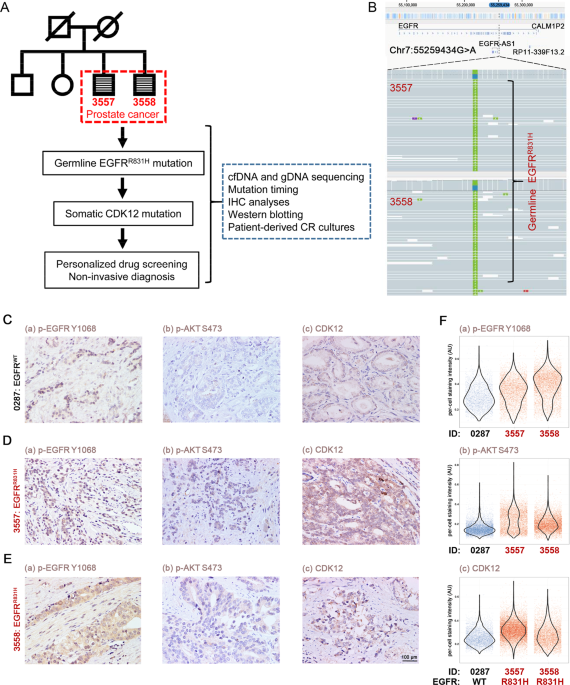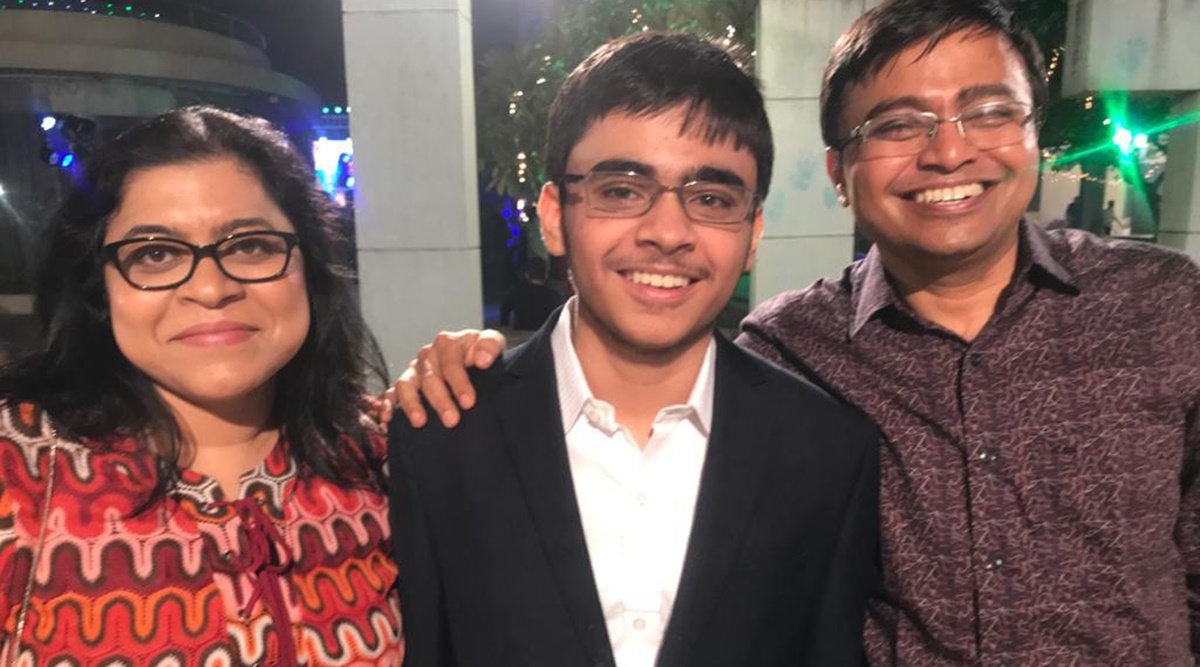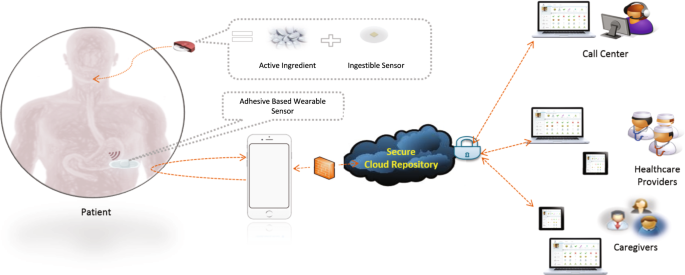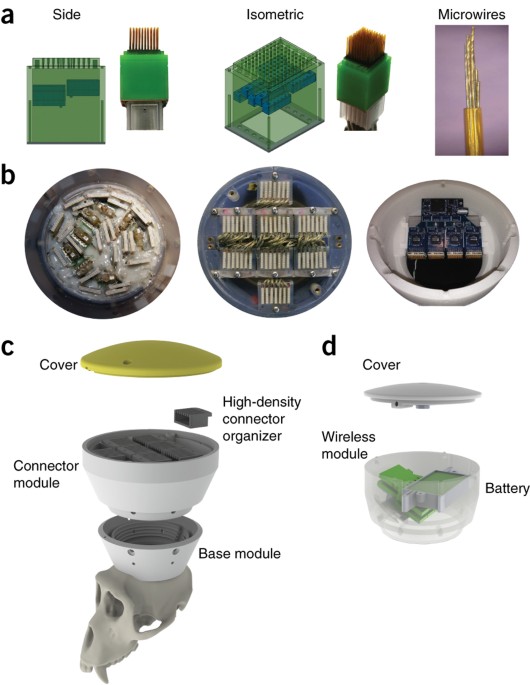
- Select a language for the TTS:
- UK English Female
- UK English Male
- US English Female
- US English Male
- Australian Female
- Australian Male
- Language selected: (auto detect) - EN
Play all audios:
ABSTRACT 5–10% of total prostate cancer (PCa) cases are hereditary. Particularly, immune checkpoint inhibitor-sensitive tandem duplicator phenotype (TDP) accounts for 6.9% of PCa cases,
whereas genetic susceptibility genes remain completely unknown. We identified a Chinese family with two PCa patients, in which the PCa phenotype co-segregated with a rare germline variant
EGFRR831H. Patient-derived conditionally reprogrammed cells (CRC) exhibited increased EGFR and AKT phosphorylation, and a sensitivity to EGFR antagonist Afatinib in migration assays,
suggesting the EGFR allele was constitutively active. Both EGFRR831H-mutant tumours contained biallelic CDK12 inactivation, together with prominent tandem duplication across the genome.
These somatic mutations could be detected in urine before surgery. Analysis of public databases showed a significant correlation between the mutation status of EGFR and CDK12. Taken
together, our genetic and functional analyses identified a previously undescribed link between EGFR and PCa. Access through your institution Buy or subscribe This is a preview of
subscription content, access via your institution ACCESS OPTIONS Access through your institution Subscribe to this journal Receive 50 print issues and online access $259.00 per year only
$5.18 per issue Learn more Buy this article * Purchase on SpringerLink * Instant access to full article PDF Buy now Prices may be subject to local taxes which are calculated during checkout
ADDITIONAL ACCESS OPTIONS: * Log in * Learn about institutional subscriptions * Read our FAQs * Contact customer support SIMILAR CONTENT BEING VIEWED BY OTHERS FREQUENT _CHD1_ DELETIONS IN
PROSTATE CANCERS OF AFRICAN AMERICAN MEN IS ASSOCIATED WITH RAPID DISEASE PROGRESSION Article Open access 19 September 2024 EXTENSIVE GERMLINE-SOMATIC INTERPLAY CONTRIBUTES TO PROSTATE
CANCER PROGRESSION THROUGH HNF1B CO-OPTION OF TMPRSS2-ERG Article Open access 28 November 2022 ACQUIRED COPY NUMBER VARIATION IN PROSTATE TUMOURS: A REVIEW OF COMMON SOMATIC COPY NUMBER
ALTERATIONS, HOW THEY ARE FORMED AND THEIR CLINICAL UTILITY Article 09 November 2023 REFERENCES * Wu YM, Cieslik M, Lonigro RJ, Vats P, Reimers MA, Cao X, et al. Inactivation of CDK12
delineates a distinct immunogenic class of advanced prostate cancer. Cell. 2018;173:1770. e1714. Article CAS PubMed Google Scholar * Tonon L, Fromont G, Boyault S, Thomas E, Ferrari A,
Sertier AS, et al. Mutational profile of aggressive, localised prostate cancer from African Caribbean men versus European ancestry men. Eur Urol. 2019;75:11–15. Article CAS PubMed Google
Scholar * Attard G, Parker C, Eeles RA, Schroder F, Tomlins SA, Tannock I, et al. Prostate cancer. Lancet. 2016;387:70–82. Article PubMed Google Scholar * Frank C, Sundquist J, Hemminki
A, Hemminki K. Familial associations between prostate cancer and other cancers. Eur Urol. 2017;71:162–5. Article PubMed Google Scholar * Giri VN, Beebe-Dimmer JL. Familial prostate
cancer. Semin Oncol. 2016;43:560–5. Article PubMed PubMed Central Google Scholar * Lynch HT, Kosoko-Lasaki O, Leslie SW, Rendell M, Shaw T, Snyder C, et al. Screening for familial and
hereditary prostate cancer. Int J Cancer. 2016;138:2579–91. Article CAS PubMed Google Scholar * Pilie PG, Johnson AM, Hanson KL, Dayno ME, Kapron AL, Stoffel EM, et al. Germline genetic
variants in men with prostate cancer and one or more additional cancers. Cancer. 2017;123:3925–32. Article CAS PubMed Google Scholar * Giri VN, Hegarty SE, Hyatt C, O’Leary E, Garcia J,
Knudsen KE, et al. Germline genetic testing for inherited prostate cancer in practice: Implications for genetic testing, precision therapy, and cascade testing. Prostate. 2019;79:333–9.
Article CAS PubMed Google Scholar * Armenia J, Wankowicz SAM, Liu D, Gao J, Kundra R, Reznik E, et al. The long tail of oncogenic drivers in prostate cancer. Nat Genet. 2018;50:645–51.
Article CAS PubMed PubMed Central Google Scholar * Lu S, Yu Y, Li Z, Yu R, Wu X, Bao H, et al. EGFR and ERBB2 germline mutations in Chinese lung cancer patients and their roles in
genetic susceptibility to cancer. J Thorac Oncol. 2019;14:732–6. Article CAS PubMed Google Scholar * Yuan Y, Sheng Z, Liu Z, Zhang X, Xiao Y, Xie J, et al. CMTM5-v1 inhibits cell
proliferation and migration by downregulating oncogenic EGFR signaling in prostate cancer cells. J Cancer. 2020;11:3762–70. Article PubMed PubMed Central Google Scholar * Liu X, Krawczyk
E, Suprynowicz FA, Palechor-Ceron N, Yuan H, Dakic A, et al. Conditional reprogramming and long-term expansion of normal and tumor cells from human biospecimens. Nat Protoc. 2017;12:439–51.
Article PubMed PubMed Central Google Scholar * Liu W, Ju L, Cheng S, Wang G, Qian K, Liu X, et al. Conditional reprogramming: modeling urological cancer and translation to clinics. Clin
Transl Med. 2020;10:e95. PubMed Central PubMed Google Scholar * Luo Y, Ju L, Wang G, Chen C, Wang Y, Chen L, et al. Comprehensive genomic profiling of urothelial carcinoma cell lines
reveals hidden research bias and caveats. Clin Transl Med. 2020;10:294–6. Article PubMed PubMed Central Google Scholar * Yu HA, Arcila ME, Harlan Fleischut M, Stadler Z, Ladanyi M,
Berger MF, et al. Germline EGFR T790M mutation found in multiple members of a familial cohort. J Thorac Oncol. 2014;9:554–8. Article PubMed PubMed Central Google Scholar * Matsushima S,
Ohtsuka K, Ohnishi H, Fujiwara M, Nakamura H, Morii T, et al. V843I, a lung cancer predisposing EGFR mutation, is responsible for resistance to EGFR tyrosine kinase inhibitors. J Thorac
Oncol. 2014;9:1377–84. Article CAS PubMed Google Scholar * Leest Cvd, Wagner A, Pedrosa RM, et al. Novel EGFR V834L germline mutation associated with familial lung adenocarcinoma. JCO
Precis Oncol. 2018;2:1–5. * Menghi F, Barthel FP, Yadav V, Tang M, Ji B, Tang Z. et al. The tandem duplicator phenotype is a prevalent genome-wide cancer configuration driven by distinct
gene mutations. Cancer Cell. 2018;34:197–210.e195. Article CAS PubMed PubMed Central Google Scholar Download references ACKNOWLEDGEMENTS We thank the patients and their family members
for participating in our study. We gratefully acknowledge excellent technical assistance provided by Ms. Yuan Zhu, Ms. Shanshan Zhang, and Ms. Yayun Fang from Zhongnan Hospital of Wuhan
University. We would like to acknowledge the TCGA and COSMIC databases for providing use of data free of charge. We also thank International Science Editing
(http://www.internationalscienceediting.com) for editing this manuscript. FUNDING This study was supported in part by grants from the Health commission of Hubei Province scientific research
project (WJ2019H080), Chinese Central Special Fund for Local Science and Technology Development of Hubei Province (2018ZYYD023), Science and Technology Department of Hubei Province Key
Project (2018ACA159), and Wuhan Science and Technology Bureau Key Project (2018061005132294). The funders had no role in study design, data collection and analysis, decision to publish, or
preparation of the manuscript. AUTHOR INFORMATION Author notes * These authors contributed equally: Kaiyu Qian, Gang Wang, Lingao Ju AUTHORS AND AFFILIATIONS * Department of Urology,
Zhongnan Hospital of Wuhan University, Wuhan, China Kaiyu Qian, Yongwen Luo, Yejinpeng Wang, Tianchen Peng, Yu Xiao & Xinghuan Wang * Department of Biological Repositories, Zhongnan
Hospital of Wuhan University, Wuhan, China Kaiyu Qian, Gang Wang, Lingao Ju & Yu Xiao * Human Genetic Resources Preservation Center of Hubei Province, Wuhan, China Kaiyu Qian, Gang Wang,
Lingao Ju & Yu Xiao * Laboratory of Precision Medicine, Zhongnan Hospital of Wuhan University, Wuhan, China Gang Wang, Lingao Ju & Yu Xiao * Department of Biotherapy, Cancer Center,
West China Hospital of Sichuan University, Chengdu, China Jiyan Liu * Center of Life Sciences, Peking University, Beijing, China Fangjin Chen & Yi Zhang * Euler Technology, Beijing,
China Yi Zhang * Medical Research Institute, Wuhan University, Wuhan, China Xinghuan Wang Authors * Kaiyu Qian View author publications You can also search for this author inPubMed Google
Scholar * Gang Wang View author publications You can also search for this author inPubMed Google Scholar * Lingao Ju View author publications You can also search for this author inPubMed
Google Scholar * Jiyan Liu View author publications You can also search for this author inPubMed Google Scholar * Yongwen Luo View author publications You can also search for this author
inPubMed Google Scholar * Yejinpeng Wang View author publications You can also search for this author inPubMed Google Scholar * Tianchen Peng View author publications You can also search for
this author inPubMed Google Scholar * Fangjin Chen View author publications You can also search for this author inPubMed Google Scholar * Yi Zhang View author publications You can also
search for this author inPubMed Google Scholar * Yu Xiao View author publications You can also search for this author inPubMed Google Scholar * Xinghuan Wang View author publications You can
also search for this author inPubMed Google Scholar CORRESPONDING AUTHORS Correspondence to Yi Zhang or Xinghuan Wang. ETHICS DECLARATIONS CONFLICT OF INTEREST The authors declare that they
have no conflict of interest. STATEMENT OF PATIENT CONSENT All PCa patients, family members of the PCa pedigree, and additional cancer patients, provided written informed consent. All study
procedures were performed in accordance with the ethical standards of the Institutional Ethics Review Committee. ADDITIONAL INFORMATION PUBLISHER’S NOTE Springer Nature remains neutral with
regard to jurisdictional claims in published maps and institutional affiliations. SUPPLEMENTARY INFORMATION SUPPLEMENTAL DATA RIGHTS AND PERMISSIONS Reprints and permissions ABOUT THIS
ARTICLE CITE THIS ARTICLE Qian, K., Wang, G., Ju, L. _et al._ A novel germline EGFR variant p.R831H causes predisposition to familial CDK12-mutant prostate cancer with tandem duplicator
phenotype. _Oncogene_ 39, 6871–6878 (2020). https://doi.org/10.1038/s41388-020-01476-9 Download citation * Received: 15 March 2020 * Revised: 02 September 2020 * Accepted: 15 September 2020
* Published: 25 September 2020 * Issue Date: 29 October 2020 * DOI: https://doi.org/10.1038/s41388-020-01476-9 SHARE THIS ARTICLE Anyone you share the following link with will be able to
read this content: Get shareable link Sorry, a shareable link is not currently available for this article. Copy to clipboard Provided by the Springer Nature SharedIt content-sharing
initiative






